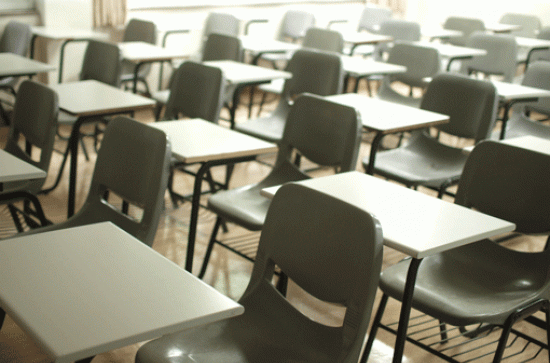
Maynooth University research has found that seven out of 10 of teachers reported feeling more stress and six out of 10 reported a decline in wellbeing during the first six months of the pandemic. The research also finds teachers favour blended learning and changes to curriculum post pandemic
The ‘Lessons Learned: The experiences of teachers in Ireland during the 2020 pandemic’ research conducted in October 2020 when students had returned to schools, explores teachers’ experiences of the first six months of the pandemic, from the March 2020 lockdown onwards.
The report is based on the participation of over 400 teachers, who completed a survey in October 2020. The majority of participants were teachers in post-primary schools (53%), followed by primary schools (39%), primary and secondary special schools (5%) and teachers on secondment in management organisations (3%).
It examines the challenges they reported and the impact of teaching during the Covid-19 pandemic on their mental health and wellbeing. It also finds that despite experiencing stress, four out of five teachers reported having experienced positive psychological growth.
Furthermore, teachers expressed increased confidence in their online teaching abilities and the use of technology in light of their Covid-19 teaching experience. Six out of 10 teachers would integrate technology more into their teaching and were more prepared to use online and blended options.
The factors that contributed to teachers’ stress included issues with students who found it difficult to settle back into face-to-face teaching after the first lockdown, and a perception that remote teaching impacts their work-life balance. The factors that did not impact teachers’ stress were their self-belief in having the skills to do their job, and re-establishing classroom norms and routines. A third of teachers said they would work closer with parents post-COVID-19.
Teachers who reported the most significant decline experienced more stress and greater need for school to focus more on their wellbeing. Also, they reported that they spent more time re-establishing classroom norms and behaviours after the first lockdown.
The aim of the report is to inform policy and practice, yielding four key learnings.
- Curriculum, teaching, learning and assessment have changed significantly – new measures are required to support education during- and post-pandemic.
- The pandemic took a toll on teachers’ mental health – active supports are necessary to alleviate their stress.
- Despite high levels of stress and lower levels of wellbeing, most teachers made their challenges meaningful and kept going.
- In the world of silos caused by social distancing rules and a myriad of restrictions, teachers ask for more open communication between all parties involved in education.
The report suggested several recommended changes based on the insights of the participants and research findings. One of these recommendations was for the establishment of a committee - a citizens’ assembly where all the bodies involved in education including DES, policy makers, management bodies, unions, parents, teachers, and students would meet with an aim to focus on resolving emerging issues in education. The other research recommendations included:
- Enhanced funding for psychological services for teachers
- Enhanced funding to address the digital divide for schools
- Planning for targeted supports for teacher wellbeing
- Further research on the impact of the pandemic on education and school communities
Majella Dempsey, Associate Professor at Maynooth University Department of Education commented; “This report gives a snapshot into the work of teachers during the pandemic demonstrating their professionalism in adapting to new ways of teaching. It confirms the need for social contact in teaching and learning. Teachers were happy to be back teaching in September, and talked about how happy their students were also, however, they had on-going concerns for their safety, about meeting curriculum requirements and about exam classes."
Dr Jolanta Burke, Chartered Psychologist, Assistant Professor at Maynooth University Department of Education stated, “Despite higher levels of stress and lower levels of wellbeing, our teachers keep going for the sake of our children. Their tenacity in overcoming the myriad of obstacles they face, along with the high levels of resilience they display is exemplary. I would love to see the Department of Education, schools, and the management organisations take more action to focus on teachers’ personal wellbeing. After all, they need to put on their masks first before they can assist others."
The report is available here - Dempsey, Majella, and Burke, Jolanta (2021) Lessons Learned: The experiences of teachers in Ireland during the 2020 pandemic. Project Report. Maynooth University.
About the Research
The ‘Lessons Learned: The experiences of teachers in Ireland during the 2020 pandemic’ research report presents data from 404 participants who completed a survey in October 2020. The research explores teachers’ experiences over the first six months since the March 2020 lockdown. It examines the challenges they reported as well as the impact on their mental health. Finally, it explores the prevalence of positive transformation that some teachers experienced following on from the Covid-19 pandemic. The aim of the report is to inform policy and practice about the lessons learnt from teachers’ experiences of the first six months of the pandemic in Ireland. Most participants were teachers in post-primary schools (53%), followed by primary schools (39%), primary and secondary special schools (5%) and teachers on secondment in management organisations (3%).
